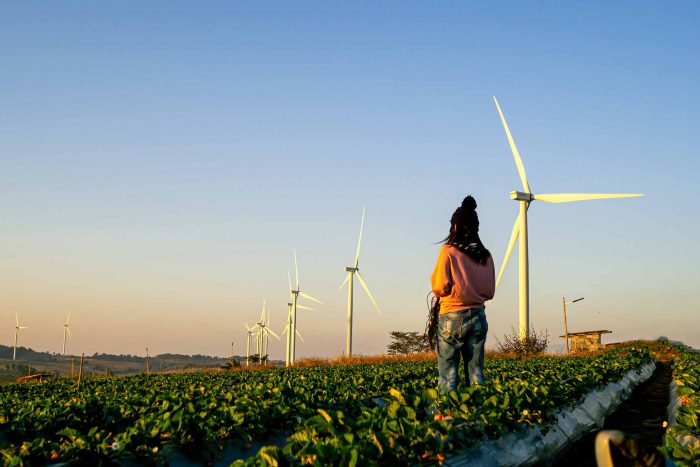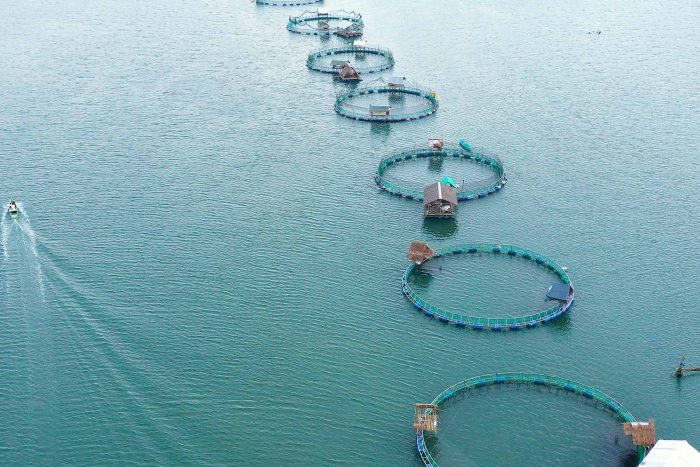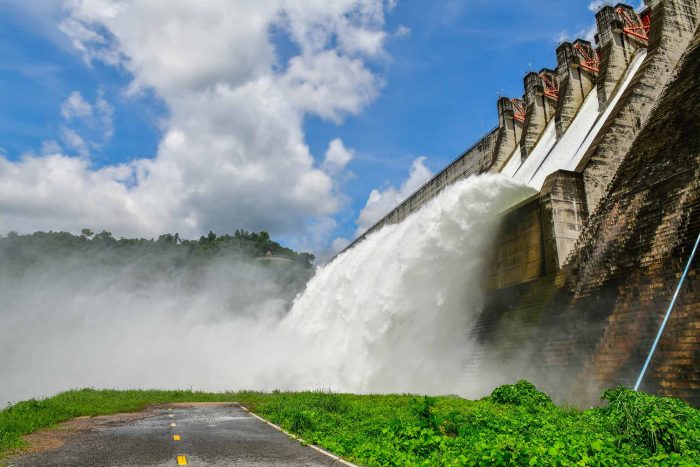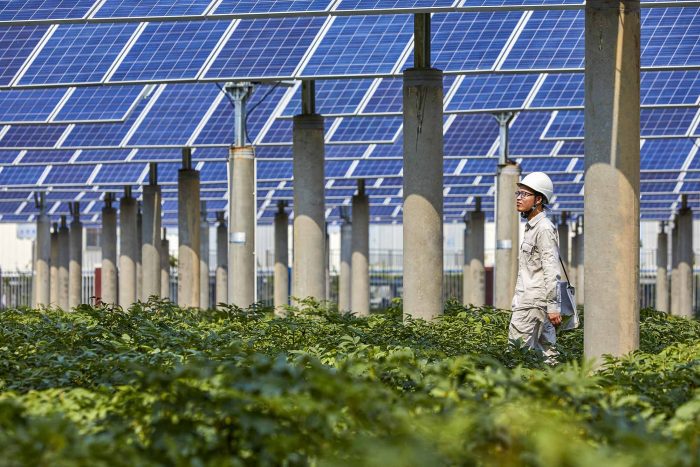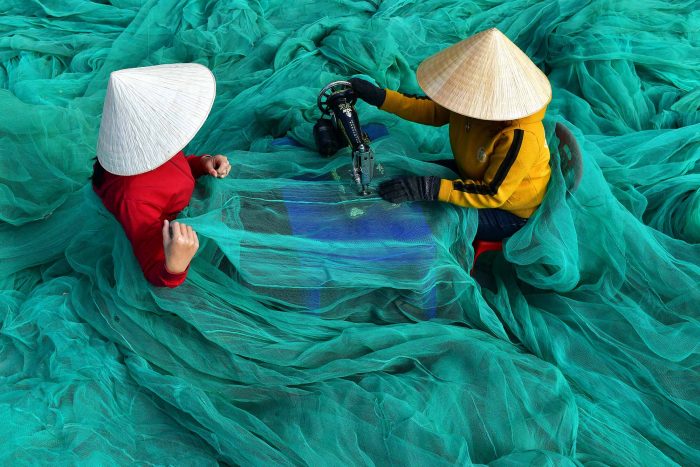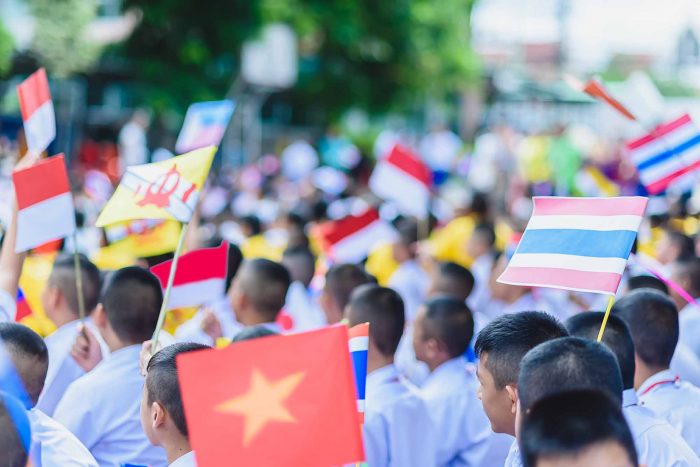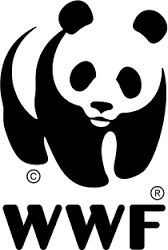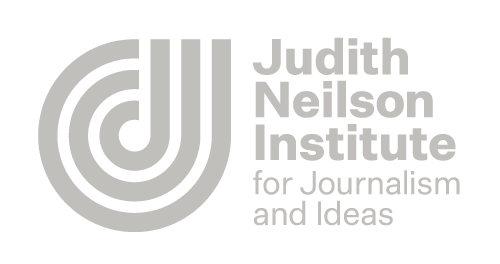Sustainable Investing After COVID: What’s Next for Asia?
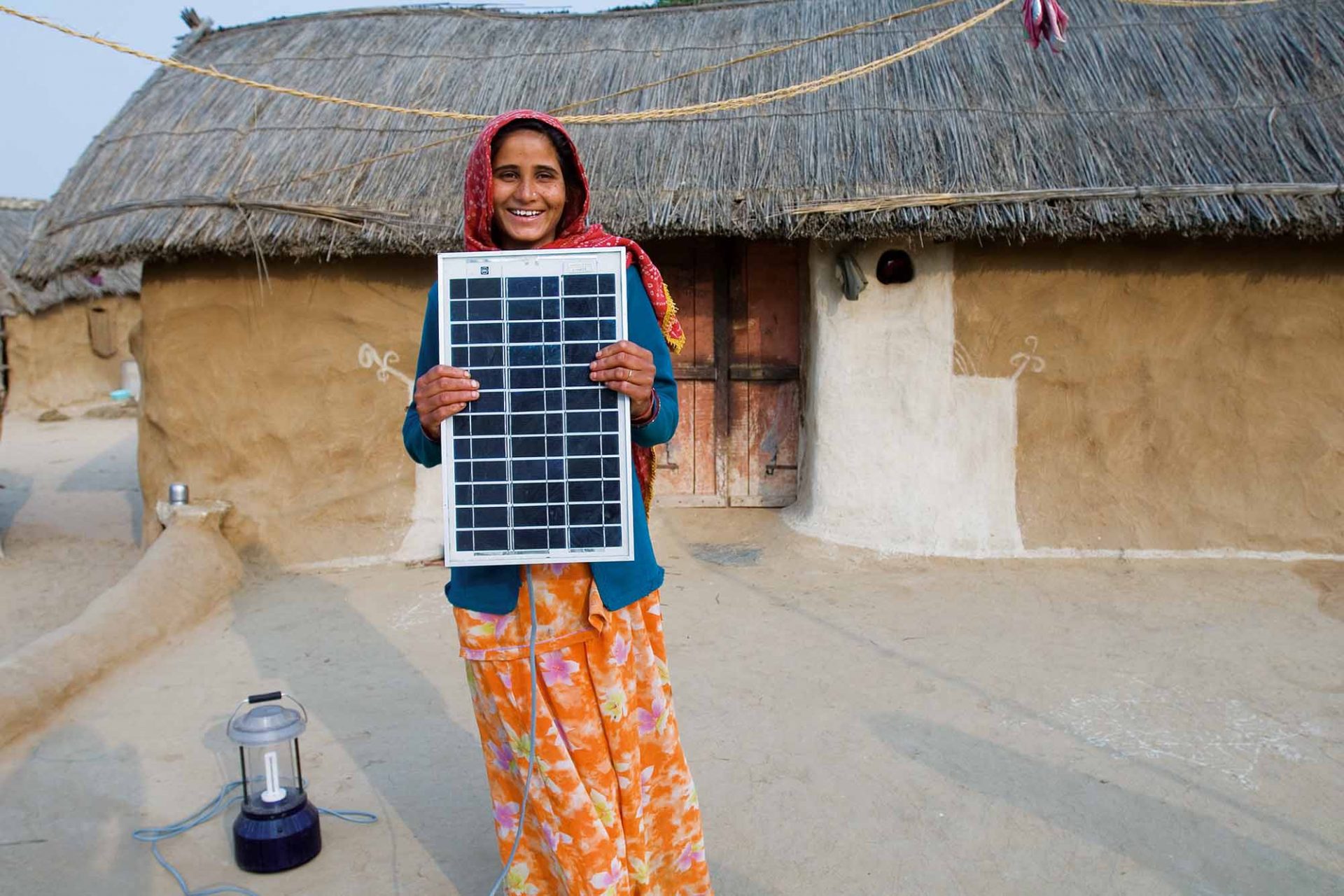
During these unprecedented times when COVID-19 has exacerbated systemic social and economic inequalities, there is renewed interest in sustainable investing and creating positive change for the world’s poorest – both for national economic recovery as well as global sustainable development. At the same time, there are also rising concerns about “impact washing” or “pandemic washing” – where money is deployed to “business as usual” investments, that may even reinforce rather than reduce inequalities.
A decade on from the 2008 financial crisis, the birth of sustainable investing and the founding of Impact Investment Exchange (IIX) in Asia, there is no better time than now to ask questions on how to build a more inclusive future. These questions include: What is the report card on sustainable investing? What is in store for the region and how do we ensure that governments, investors, and businesses pivot to build long-term COVID resilience for women, minorities and other underserved communities?
More than ten years of impact investing
I am privileged to have been a part of sustainable investing since its beginning as a movement born out of a meeting held eleven years ago by the Rockefeller Foundation. Since then, the space has gained well-deserved recognition – from billion-dollar funds to rock stars – for its potential to transform the world for good. Today, despite headwinds from COVID-19, the global sustainable investing market is still going strong with the current size estimated to be US$715 billion. Meanwhile in Southeast Asia, US$11 billion in impact capital has already been deployed from 2000 to 2017. Asian investors are demonstrating their own commitment to sustainability – one that uses myriad values, philosophies and learnings to innovate and grow the sustainable investing sector. From family and local businesses to the newfound wealth of successful entrepreneurs, the space has taken on dynamic forms across the region which is also seeing the fastest billionaire population growth.
Before the COVID crisis, a quick snapshot of the region showed ample opportunities for Australian and Asian investors. Investors were betting big on more than 300,000 mission-focused, next-generation entrepreneurs who were growing their businesses fast and were ready to scale up. In Vietnam, Indonesia and the Philippines, gender-focused investing was making headway, with US$40 million in more than 30 deals deployed with an explicit gender lens since 2007.
But, is this enough to move the needle on social inequality and injustice? Now in the emerging post-COVID era, we are seeing how inequalities have been exacerbated. This calls upon the sustainable investing movement to face difficult but systemic questions about its effectiveness. We are navigating through uncertain and challenging circumstances as countries around the world face an unprecedented fight for survival. The World Bank warns that East Asia and the Pacific could see up to 11 million people driven into poverty, with the most vulnerable group comprising low wage and informal sector workers. Not surprisingly, women are overrepresented in the sectors that have been hardest hit by COVID-19, such as manufacturing supply chains, textiles and tourism. These are women who are migrant workers, daily wage workers, sole bread winners for the families, or working in micro, small and medium sized enterprises (MSMEs) without the safety nets to access finance.
At this critical time when the world needs sustainable investing to be transparent, effective, and responsive, we are seeing a shortage of leadership. The need of the moment is not only to respond to the pandemic, but also to create long-term COVID-resilience by building back better and stronger systems that have the capacity and ability to overcome future crises of this scale. There needs to be urgency in creating COVID resilience with women at the centre of our solutions.
Australia’s chance to drive gender-inclusive green growth
There are glimmers of hope in leadership shown by some countries. Pre-COVID, several governments had already been playing a new and important role, moving from traditional donor aid to providing catalytic capital for women and climate action. Partners like the US Agency for International Development (USAID) and the Department of Foreign Affairs and Trade (DFAT) have been instrumental in the success of innovative solutions like IIX’s Women’s Livelihood Bond Series (WLB Series). Australia was one of the first movers in the space to provide catalytic capital in the form of guarantees for the first issuance of the WLB Series which is unlocking US$150 million in capital to create sustainable livelihoods for more than three million underserved women across Asia.
As an innovative financial product with no prior precedence in the market, the WLB Series brings together a wide range of partners including DFAT, USAID, Standard Chartered Bank, Development Bank of Singapore (DBS), ANZ, Shearman & Sterling, Latham & Watkins, and Hogan Lovells to make the bond a reality. The Women’s Livelihood Bond Series successfully launched its first issuance (the WLB1) in 2017, making history as the world’s first gender-lens impact investing security listed on a stock exchange, and the only gender-lens investing security quoted on Bloomberg and reporting on financial and impact performance.
Based on the success of the WLB1, IIX launched the second Women’s Livelihood Bond (WLB2) earlier this year with Australia’s continued support in designing and structuring the bond so that it could scale to impact new countries and sectors. The US$12 million WLB2 became the world’s first International Capital Market Association (ICMA) certified Social Bond focused on women’s empowerment and is the winner of the 2019 United Nations Climate Action Award and the Partnering for Green Growth and the Global Goals 2030 (P4G) State-of-the-Art Partnership of the Year Award, bringing Australia global recognition for its leadership in innovative finance, women’s empowerment, and climate action. IIX is currently working on a third issue focused on building COVID resilience. It is building back better and stronger systems to overcome future crises by curating a portfolio of women-focused enterprises that are COVID-responsive and resistant.
Not only did the success of the Women’s Livelihood Bond Series verify investors’ optimism for impact investing in Asia, it also demonstrated investors’ strong appetite for innovative financial products with the right risk-return-impact profile. With WLB3 launching in late 2020, the opportunity still exists for investors to step up and invest in building resilient communities that will generate social and financial returns.
Australia has a critical role to play in continuing to drive gender equal green growth that benefits Australia and Asia alike.
Sustainable investing in the new normal
There is growing evidence of a resilience dividend from the benefits of accounting for the social factor in Environmental and Social Governance (ESG) and the sustainable factor in Sustainable Development Goals (SDG). Some people in the impact space are calling this an economic reset. Others refer to a sustainability disruption. The reality is, this is a norm that has been a long time coming – a norm that demands inclusivity, resilience and an end to simple orthodoxies like Risk-Return. For impact investors, including the IIX, which were born out of the dust of the last financial crisis, we know what it takes to survive this new norm.
IIX has leveraged its COVID-resilience toolkit and digital impact assessment tool IIX Values to build back better for a post-COVID world. Respondents from more than 46 countries across more than 20 industries have used the COVID-resilience toolkit to measure the COVID readiness of their businesses. Through IIX Values, businesses are assessed on their risk, return, and impact. With that data, we can now provide investors with critical information, close deals more effectively and drive capital to enterprises with the most potential to thrive in the new norm.
So what is the lesson for investors? The key to survival in the new norm is to effectively leverage the inter-relationship of three elements: risk, return, and impact. Here is how we are doing it:
For each company in which we invest, we need to ask ourselves: what is the impact that the company is making? Simple ESG tracking of a company is a start but is not good enough to withstand economic turmoil. The company needs data from stakeholders who are being impacted by its products and services. The company needs to give value to the stakeholder voices.
The company should have deep roots and impact in underserved communities. It needs to be accessible, affordable and equitable to all kinds of consumers. If it falls short in any of these aspects, the company should have mechanisms to adapt and improve its impact. Deep impact then becomes a risk mitigation for the company. Once the risk and impact are clearly verified, the financial returns will also follow.
As for the investor portfolio as a whole, investing in women, underserved communities and climate action cannot be viewed as something nice to do with one per cent of the portfolio but as a critical strategy for a larger portion of the portfolio. It is diversification practice at its best.
What’s next?
Looking forward to a post-pandemic world, along with innovative financial products, it is important to take a data and technology driven approach to scaling impact. IIX has been going on the ground and measuring and giving value to our most vulnerable communities for the past decade and we want industries across geographies to account for the real impact they are creating too.
With IIX Values, a platform for enterprises to better identify, measure and analyse their impact through data-driven solutions, they can now listen better and be more responsive to the communities for which they are creating an impact. This way, we can contribute to delivering verified impact that can be effectively scalable, giving communities and businesses the resilience to withstand and thrive in any challenging situations.
As investors look to sustainable investing to solve deeply systemic inequalities, we should leverage the opportunities with innovation, data and technology to build a more inclusive world by valuing and empowering everyone – especially those excluded from existing systems – to be a part of the solution for a sustainable future. There is no better time than now for investors, government and stakeholders to rise up to the challenge at this crucial moment to build long-term COVID-resilience by being responsive to women and minorities in underserved communities.




